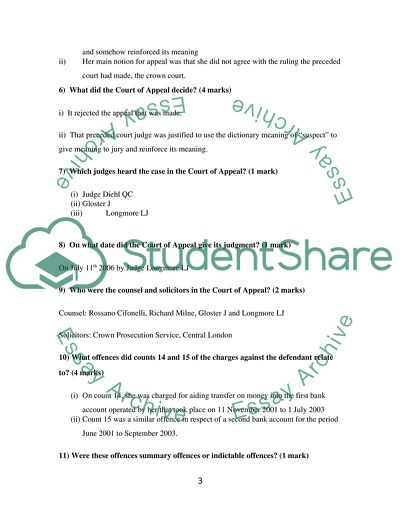Cite this document
(Practice of Legal Skills Assignment Example | Topics and Well Written Essays - 2000 words, n.d.)
Practice of Legal Skills Assignment Example | Topics and Well Written Essays - 2000 words. Retrieved from https://studentshare.org/law/1805116-llb-legal-skills-coursework
Practice of Legal Skills Assignment Example | Topics and Well Written Essays - 2000 words. Retrieved from https://studentshare.org/law/1805116-llb-legal-skills-coursework
(Practice of Legal Skills Assignment Example | Topics and Well Written Essays - 2000 Words)
Practice of Legal Skills Assignment Example | Topics and Well Written Essays - 2000 Words. https://studentshare.org/law/1805116-llb-legal-skills-coursework.
Practice of Legal Skills Assignment Example | Topics and Well Written Essays - 2000 Words. https://studentshare.org/law/1805116-llb-legal-skills-coursework.
“Practice of Legal Skills Assignment Example | Topics and Well Written Essays - 2000 Words”, n.d. https://studentshare.org/law/1805116-llb-legal-skills-coursework.


